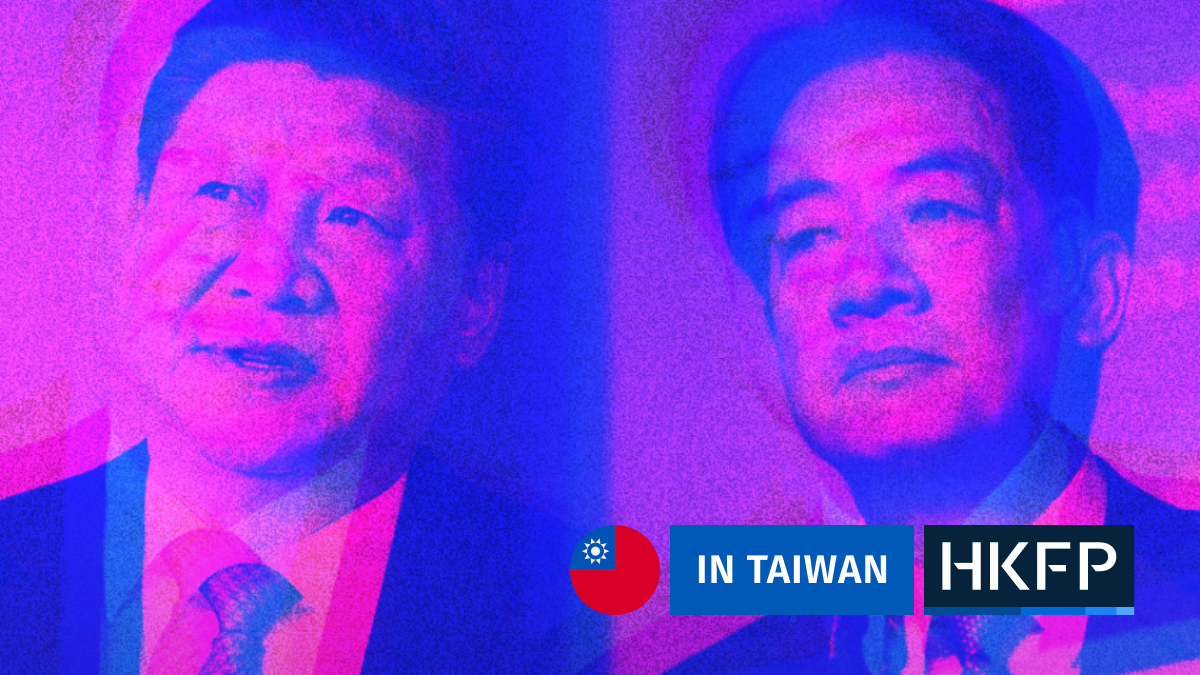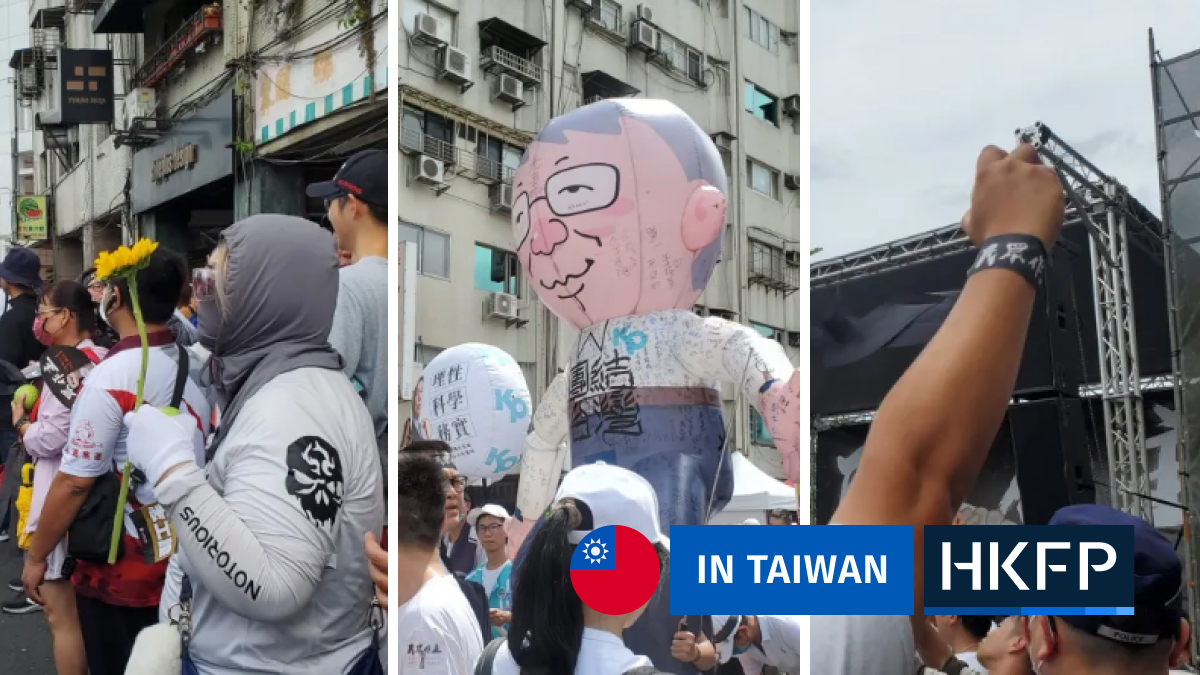The return of Huawei executive Meng Wanzhou to China was greeted with blanket, triumphant coverage in the state-run press over the weekend. The daughter of the telecom giant’s founder received a patriotic, red-carpet welcome as she arrived at a Shenzhen airport on Saturday following a years-long court battle in the US.

The almost-simultaneous return of Michael Spavor and Michael Kovrig to Canada — known as “the two Michaels” — following almost three years in Chinese detention was, however, treated with relative silence in the Chinese media.
Meng was arrested at the Vancouver Airport in December 2018 at the request of US law enforcement. She was accused of trying to conceal business dealings with Iran from banking giant HSBC – a violation of US sanctions. She was therefore charged with wire and bank fraud. Meng was allowed bail and placed under house arrest at her Vancouver mansion for almost three years, pending extradition to the US. “The Two Michaels” were arrested in the mainland days after her arrest, accused of spying.
Some US and Canadian press portrayed their respective release as a “prisoner exchange” and proof that China had engaged in “hostage diplomacy” — an accusation Chinese officials repeatedly denied. Yet there was no mention of the release of two Canadian men in mainland Chinese news reports until a day after they departed for Canada.
State-run news wire Xinhua tweeted on Sunday morning that the pair had been released on bail. By the evening, party mouthpiece Global Times cited sources as saying that the duo had admitted guilt, written confessions and been bailed on medical grounds. It omitted mention of them being allowed to leave China.
In contrast to the sparse coverage, the People’s Daily and Global Times each ran five to six articles and editorials trumpeting Meng’s return on Saturday and Sunday.
The Chinese press condemned her three-year house arrest as a political attack by the US against China and its people, while celebrating that such efforts had proven to be a failure.
The title of a People’s Daily editorial on Saturday read: “No power can obstruct China’s stride forward.”
“The Meng Wanzhou incident fully demonstrated that China does not cause trouble, and is not afraid of trouble,” the article read. “China absolutely rejects any form of political coercion and abuse of judicial powers, and will not allow Chinese citizens to be victims of political persecution by other countries.”
“China is still the same China, but the US’s actions have proved that suppressing China will no longer work,” another article said.
Meng’s release was China’s “diplomatic success,” the Global Times said.

The Chinese state media outlets’ coverage also said that Meng’s return was not an exchange of an admission of guilt for freedom.
Though Meng did not have to accept guilt, US prosecutors required her to admit making false statements about Huawei’s Iran dealings as part of the release. People’s Daily, however, dismissed Meng’s admissions as a “last ditch attempt” by Washington to portray her as guilty.
Meanwhile, one Xinhua reporter compared her welcome to that of US war hero John McCain after he was released in 1973 following years of torture in Vietnam.
‘Huawei’s eldest princess’
A CCTV editorial titled “a strong China is the unwavering mountain behind every Chinese person” topped the trending chart on Chinese microblogging site Weibo on Monday.
“Remember, the reason Ms. Meng can return is not because the US and Canada were kind, it’s because our motherland is strong!” one Weibo user wrote in response to the broadcaster’s article.
A video of Meng’s husband passing her a bouquet of red roses and proclaiming “I love you” on the tarmac also went viral.

However there were also commentators who were critical that China rolled out the welcome mat for a tech executive they sarcastically dubbed “Huawei’s eldest princess.”
“Since when was she detained? She lived well in her own house,” one wrote.
“A strong China can rescue the so-called princess, but couldn’t care less about supplying electricity to 90 million citizens in the north-eastern provinces,” said another, referring to a widespread power outage on Sunday and subsequent restrictions placed on the use of electricity in the region.
Support HKFP | Policies & Ethics | Error/typo? | Contact Us | Newsletter | Transparency & Annual Report | Apps
Help safeguard press freedom & keep HKFP free for all readers by supporting our team

LATEST FROM HKFP
HKFP has an impartial stance, transparent funding, and balanced coverage guided by an Ethics Code and Corrections Policy.
Support press freedom & help us surpass 1,000 monthly Patrons: 100% independent, governed by an ethics code & not-for-profit.










